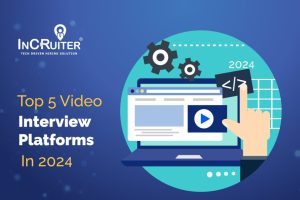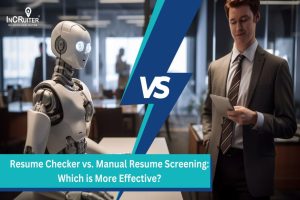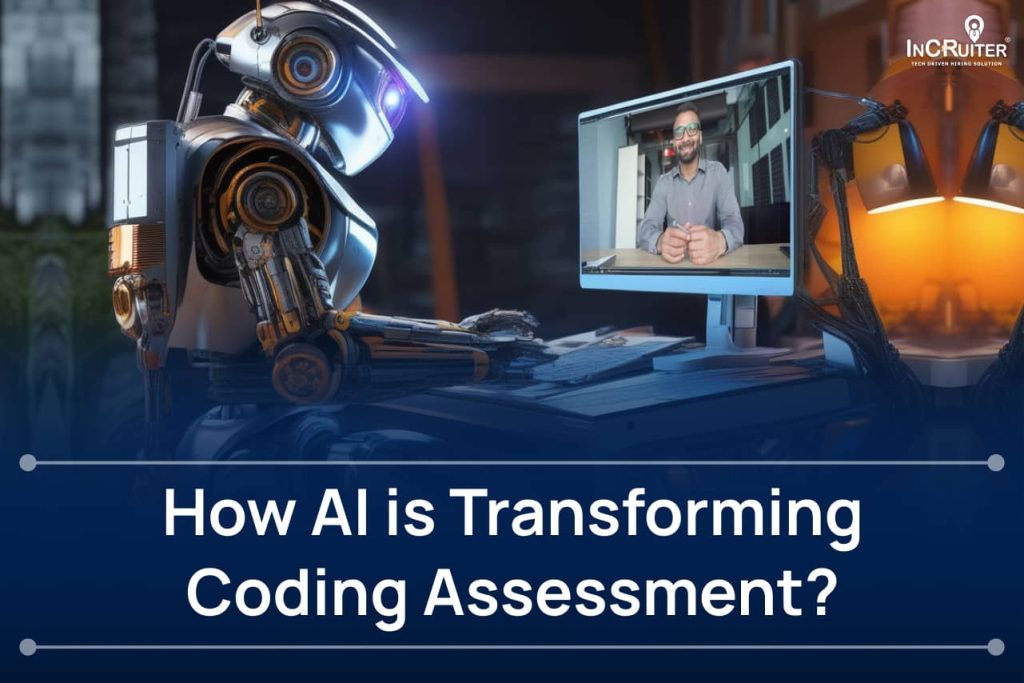
Ever wondered why traditional coding assessments often feel like they’re stuck in the past? For years, they’ve relied heavily on manual grading and rigid test formats, which are slow and can lack fairness. Human bias sneaks in when graders evaluate responses, and the whole process becomes a bottleneck in hiring, especially when companies are on a recruitment spree. Here’s where AI steps in, disrupting the old ways with smarter, faster, and fairer assessments.
AI doesn’t just boost efficiency; it scales effortlessly and removes biases, ensuring every candidate is judged on skill alone. With AI, tech assessments go from being a long, tedious process to an insightful, data-driven evaluation. So, let’s dive into how AI powers the next generation of coding tests, offering quick feedback, adaptive challenges, and unbiased results. It’s not just a change; it’s a leap forward.
Key Challenges in Traditional Coding Assessments
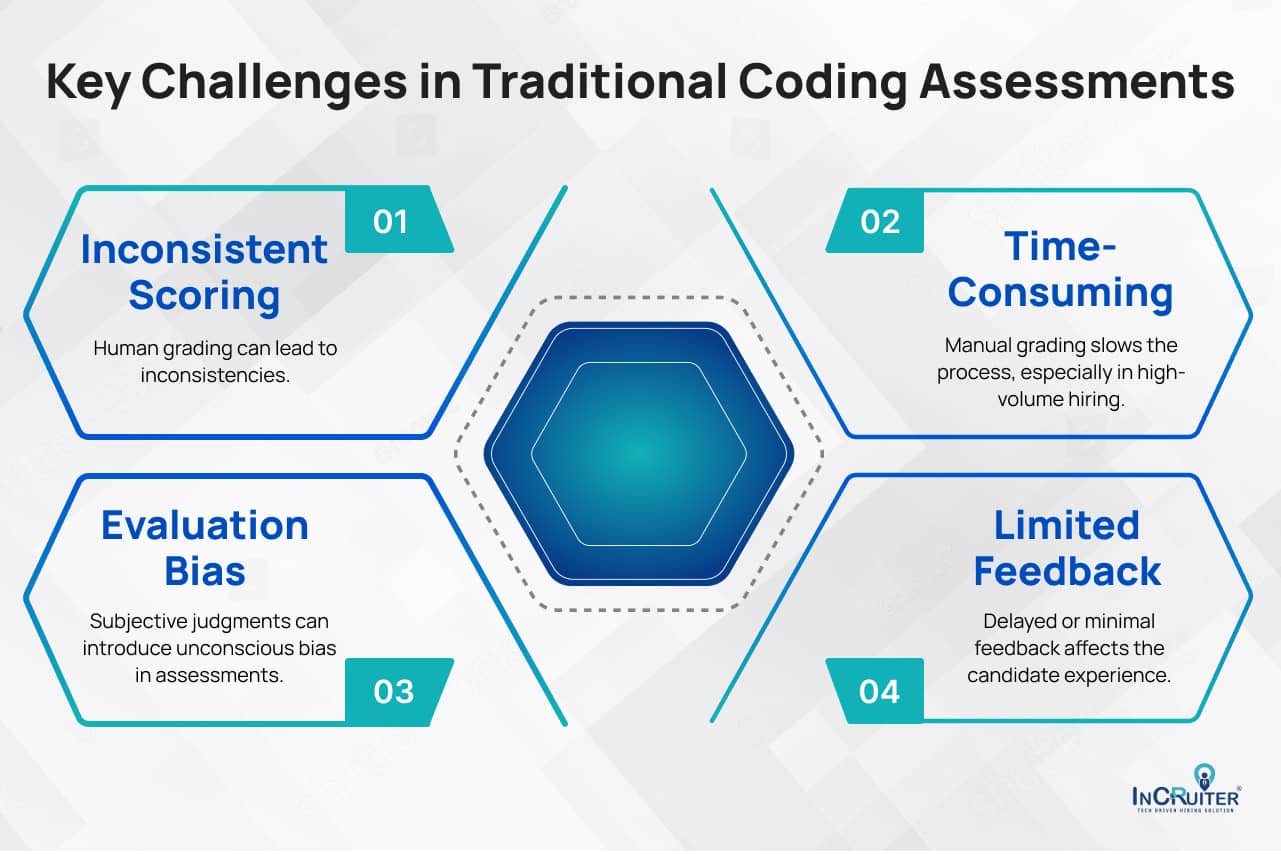
Traditional coding assessments might seem reliable, but they come with their own set of stumbling blocks:
Inconsistent Scoring
Human graders, even those with years of experience, can interpret code differently. Often, candidates bring unique approaches to solving problems—methods that might be unfamiliar to some graders. While a candidate’s solution may be efficient and innovative, a grader who hasn’t encountered this approach might misinterpret it as suboptimal or incorrect.
This variability doesn’t just impact scoring; it can lead to frustration for candidates who see their creativity undervalued and face unpredictable results.
Time-Consuming Process
Manually reviewing code isn’t just time-intensive; it involves a detailed, step-by-step breakdown of a candidate’s approach, logic, syntax, and efficiency. Graders often spend hours per submission analyzing code quality and edge cases, especially in complex problems. When companies face high-volume hiring, this manual process can create significant bottlenecks, extending timelines and impacting productivity.
For candidates, waiting weeks for feedback—while important to ensure accuracy—can feel discouraging. The extended timeline becomes a challenge in competitive hiring environments, where top candidates may choose faster-moving opportunities.
Bias in Evaluation
Unconscious biases often seep into traditional assessments, sometimes without the grader even realizing it. A grader might favor a particular coding style or approach simply because it’s familiar or aligns with their own preferences. For instance, a candidate using an unconventional but valid method may not score as well as someone who follows a more traditional approach.
Additionally, biases based on factors like background or gender—while unintended—can cloud judgment, leading to subjective evaluations. These biases risk overlooking a candidate’s true potential, creating missed opportunities to identify talent that doesn’t fit a single mold but brings valuable diversity and unique problem-solving perspectives.
Limited Feedback for Candidates
Traditional coding assessments often give candidates a simple pass or fail, offering little insight into how they performed. Feedback, if provided, is usually brief and lacks depth, leaving candidates in the dark about their strengths or areas needing improvement. This lack of constructive feedback isn’t just disappointing—it’s a missed opportunity for growth, especially for those eager to refine their skills.
Many candidates walk away feeling frustrated, wondering what they could have done differently or better, while employers miss the chance to build goodwill and support candidates’ professional development.
Also read: How Coding Assessment Platforms transforming Technical Hiring?
How AI Enhances Coding Assessments?
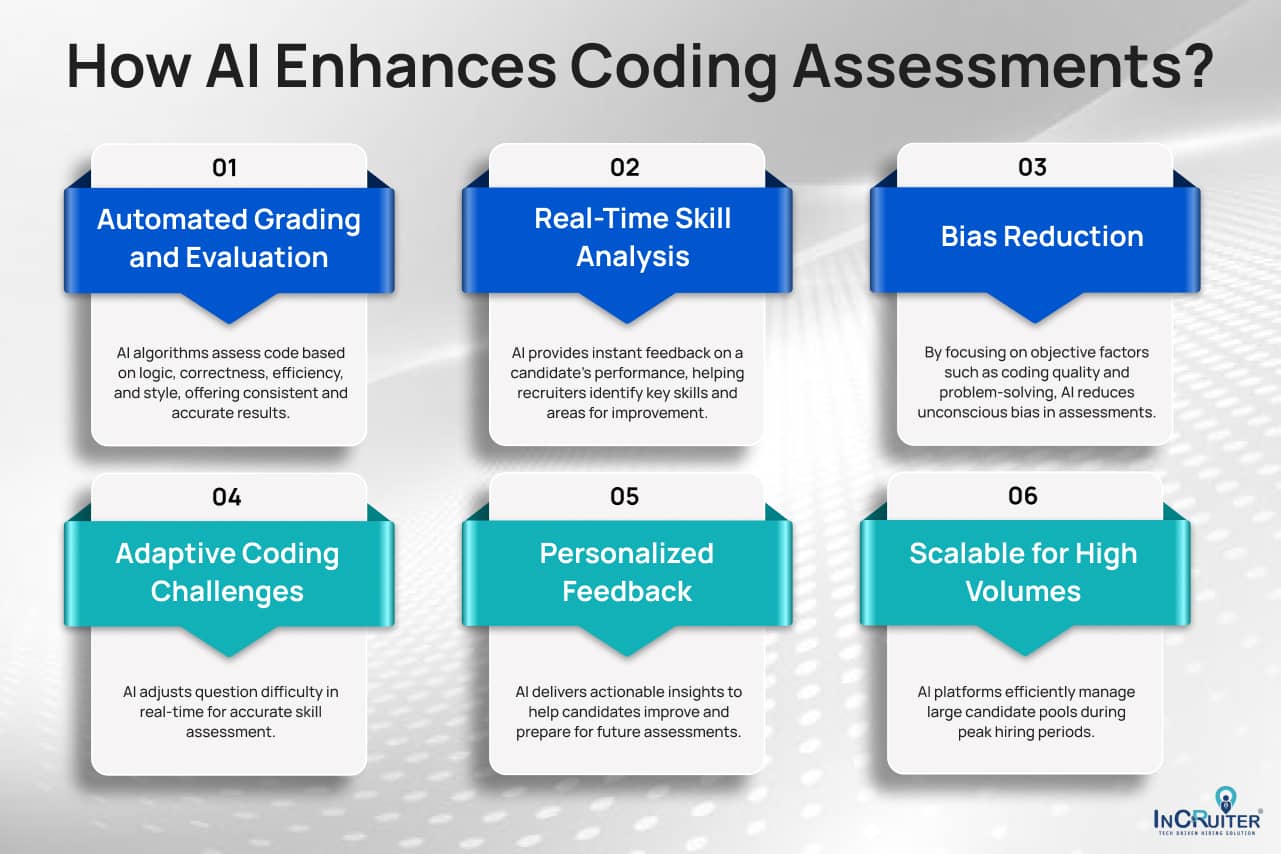
The world of technical hiring is fast-paced, and traditional coding assessments often struggle to keep up. AI, however, is redefining these assessments by offering precision, adaptability, and fairness. Here’s a deeper look at how AI-powered tools streamline and enhance coding assessments, making technical hiring smarter and more efficient.
Automated Grading and Evaluation
AI-driven grading dives deep into each coding submission, far beyond simply verifying if the code runs. Once a candidate submits their code, the AI’s algorithms analyze every element with precision, examining control structures, logic flow, syntax, and computational complexity through advanced techniques like static code analysis. This approach means that AI doesn’t stop at checking functionality; it assesses the code’s efficiency, including time complexity (e.g., O(n) complexity) and adherence to industry best practices.
AI-powered grading quickly and consistently analyzes candidates’ skills, removing human subjectivity. It accurately measures and evaluates each candidate’s abilities, making it ideal for high-volume technical hiring.
Real-Time Skill Analysis
AI brings real-time skill analysis into coding assessments, giving hiring teams immediate, data-rich insights into a candidate’s performance. As a candidate works through coding problems, AI tracks every keystroke, function, and debugging action, logging patterns and assessing competencies like algorithmic efficiency, logical problem-solving, and code optimization.
If a candidate excels in areas such as data manipulation but shows difficulty with recursion, the AI highlights these specifics instantly. This detailed, in-the-moment analysis equips recruiters with an immediate skill profile as soon as the assessment ends, streamlining the hiring process and enabling quicker, more informed hiring decisions.
Bias Reduction
AI-driven coding assessments have a unique advantage in reducing bias by focusing solely on technical skills. In traditional evaluations, human graders may unknowingly lean toward candidates from certain educational backgrounds or prefer specific coding styles. AI, however, bypasses these tendencies entirely. Using machine learning models trained on vast, diverse datasets, AI algorithms evaluate code purely on objective metrics like quality, efficiency, and structural soundness, without any awareness of the candidate’s background.
By analyzing elements such as runtime complexity, logical flow, and adherence to best practices, AI eliminates the influence of personal or demographic biases. This targeted focus ensures every candidate is evaluated equally, providing a fairer, more level hiring process that values technical ability over external factors. It’s a shift toward truly merit-based assessments, where the only thing that matters is the candidate’s skill.
Adaptive Coding Challenges
AI-powered assessments bring adaptability to coding challenges by dynamically adjusting question difficulty based on real-time performance data. As candidates work through problems, the AI monitors factors such as accuracy, execution time, and problem-solving efficiency, tailoring the test to match their skill level.
For instance, if a candidate swiftly handles intermediate tasks, the AI might introduce more complex challenges involving advanced data structures or multi-threading, pushing them to demonstrate a deeper technical understanding. This adaptive approach doesn’t just assess skill level; it reveals a candidate’s ability to tackle complex, evolving tasks, an essential quality in technical roles.
Scalability for Large Hiring Volumes
AI-powered assessments are a game-changer for hiring managers dealing with large volumes of technical candidates. With cloud-based infrastructure and distributed processing, these platforms can handle thousands of assessments at once without compromising on accuracy. Techniques like data partitioning ensure that each candidate’s evaluation is both thorough and precise, no matter how many applications come through.
For hiring managers, this means faster, scalable, and consistent assessments that maintain quality, even during high-demand hiring periods. AI-powered assessments keep your hiring process efficient, allowing you to focus on selecting top talent rather than getting bogged down in manual reviews.
Also read: Coding Assessment Tools: Enhancing Skill Verification with Adaptive Testing
Future Trends in AI-Driven Coding Assessments
Tech hiring is soon to change because artificial intelligence is taking coding assessments into another world. As AI and machine learning keep growing, technology is increasingly being used by companies to streamline their hiring processes. Experts anticipate that more than 70% of companies will be using AI in their operations by 2025, fully transforming software development and hiring.
AI platforms are making coding evaluations faster and smarter. These tools can review code submissions instantly, offering feedback and scoring based on set rules. This saves time spent on manual reviews and reduces human bias often seen in traditional methods. Research also shows AI can create test cases and even predict coding errors, ensuring candidates are assessed thoroughly.
The market for automation testing is also growing fast. Estimates suggest it will rise from $17.71 billion in 2024 to $69.85 billion by 2032. This shows a growing need for smart tools like coding assessments. As these systems improve, they’re expected to make hiring fairer and faster, helping companies find skilled developers with ease.
Also read: How a Coding Assessment Platform Enhances Developer Hiring
Conclusion
AI is transforming the way coding assessments work in technical hiring. By making the process more efficient, fair, and adaptable, it’s breathing new life into what used to be a fixed, one-size-fits-all approach. With tools like automated grading and real-time skill checks, AI-driven assessments allow recruiters to get a clear, unbiased view of each candidate’s true abilities. From adaptive tests that adjust to a person’s skill level to detailed feedback after every step, these assessments focus purely on skills. This means hiring teams get the information they need to make solid choices confidently, without any guesswork.
Interested in upgrading your technical hiring approach? InCruiter’s AI-powered Coding Assessment Platform is build for today’s quick-paced hiring needs. Which offers reliable and fair evaluations for each candidate. See how InCruiter can speed up your hiring and help you find the best fit for your team; book a demo with us today!
Ready to Transform Your Hiring Process?
Discover how our AI-powered interview platform can streamline your recruitment and find the best candidates faster.




